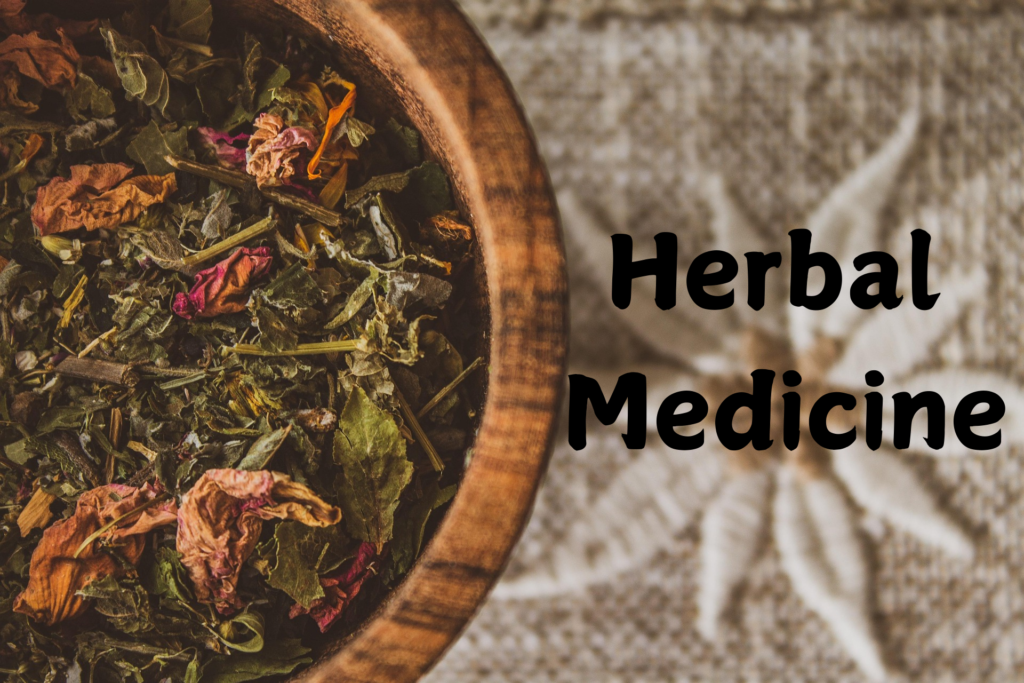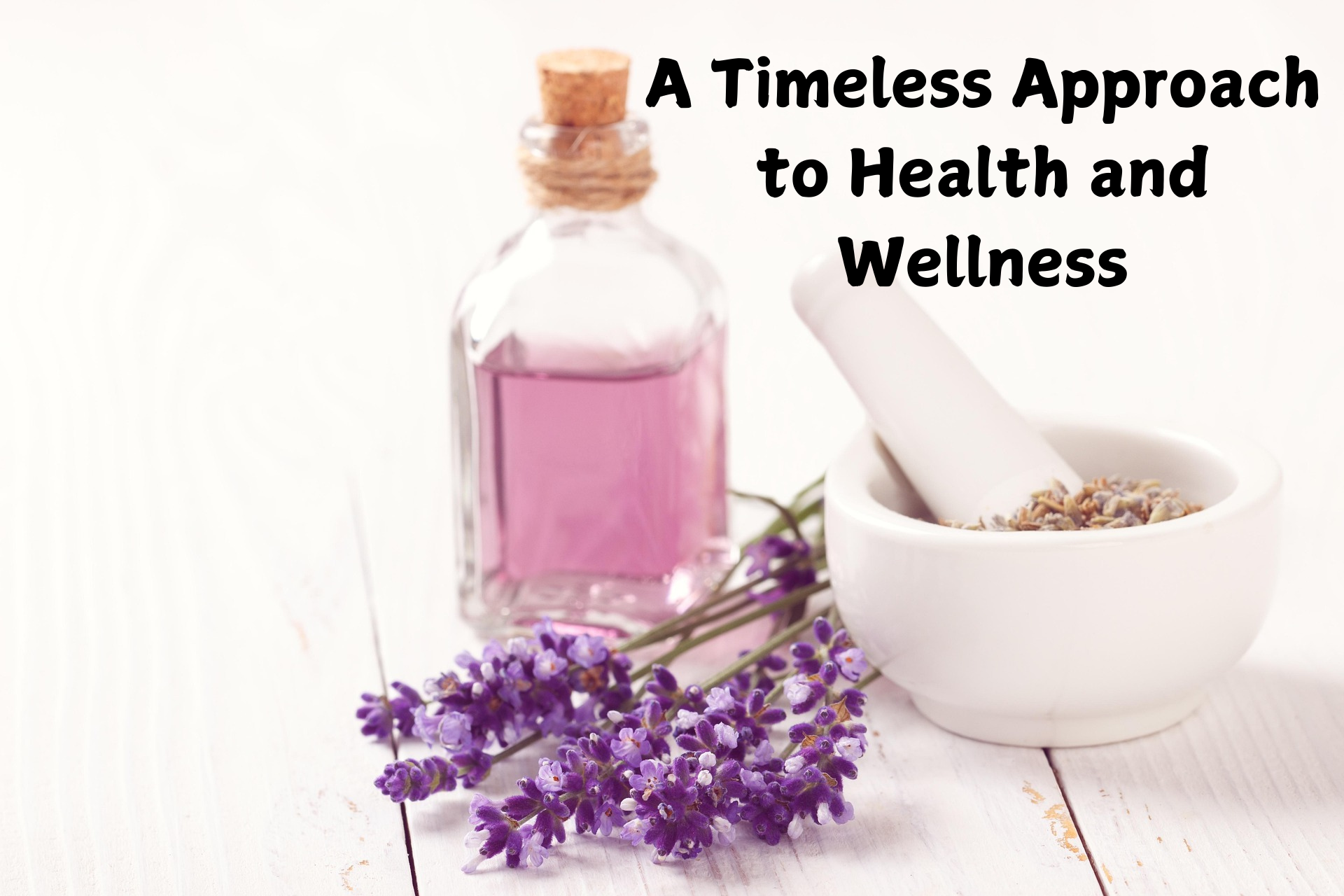A Timeless Approach to Health and Wellness
In a world increasingly dominated by synthetic drugs and modern medical treatments, the allure of herbal medicine remains undiminished. For centuries, humans have turned to nature for healing, relying on the power of plants to treat ailments, boost immunity, and promote overall well-being. Today, herbal medicine continues to be a cornerstone of holistic health practices, offering a natural and sustainable alternative to conventional medicine. This blog post delves into the fascinating world of herbal medicine, exploring its history, benefits, popular remedies, and how you can incorporate it into your daily life.
Table of Contents
What is Herbal Medicine?
Herbal medicine, also known as botanical medicine or phytotherapy, is a form of healthcare that uses plants or plant extracts to treat and prevent a wide range of health conditions. It is one of the oldest forms of medicine, with a history that spans thousands of years across different cultures, including Ayurveda, Traditional Chinese Medicine (TCM), Native American healing practices, and more.
Key Concepts of Herbal Medicine
- Natural Source of Healing: Herbal medicine relies on the natural compounds found in various parts of plants—leaves, flowers, stems, roots, seeds, and bark—to promote healing and wellness. These compounds often contain vitamins, minerals, antioxidants, and active ingredients with medicinal properties.
- Holistic Approach: Herbal medicine often takes a holistic approach, treating the individual as a whole rather than just addressing specific symptoms. The focus is on restoring balance in the body and supporting the body’s innate ability to heal itself. In many traditions, herbal medicine is combined with lifestyle changes, dietary adjustments, and other therapies to enhance its effectiveness.
- Personalized Treatment: Treatments in herbal medicine are typically tailored to the individual’s unique constitution, health condition, and needs. Herbalists consider factors like the person’s physical, mental, and emotional state when creating a treatment plan. This personalized approach aims to address the root causes of illness rather than simply treating symptoms.
- Herbal Remedies: Herbs are used in a variety of forms, including:
- Teas (infusions or decoctions)
- Tinctures (alcohol-based extracts)
- Capsules and Tablets
- Powders
- Essential Oils (for aromatherapy or topical use)
- Salves and Ointments (for external use)
- Preventive Medicine: Herbal medicine is not just for treating existing conditions; it is also widely used for preventive health. Many herbs are believed to strengthen the body’s defenses, boost immunity, and maintain overall well-being.
Common Uses of Herbal Medicine
Skin Health: Aloe vera, calendula, and tea tree oil are often applied topically to soothe and heal skin conditions like burns, cuts, and acne.
Digestive Health: Herbs like ginger, peppermint, and fennel are used to support digestion, reduce bloating, and relieve nausea.
Stress and Anxiety: Adaptogenic herbs like ashwagandha, holy basil, and valerian root are used to help the body adapt to stress and promote relaxation.
Immune Support: Herbs like echinacea, elderberry, and garlic are commonly used to boost the immune system and prevent colds and flu.
Anti-Inflammatory: Turmeric, boswellia, and willow bark are known for their anti-inflammatory properties and are often used for joint pain, arthritis, and inflammation.
Detoxification: Herbs like dandelion, milk thistle, and burdock root are used to support liver function and promote detoxification.
The History of Herbal Medicine
The roots of herbal medicine run deep, dating back to ancient civilizations. Archaeological evidence suggests that early humans used plants for medicinal purposes as far back as 60,000 years ago. Ancient texts from Egypt, China, India, and Greece document the use of herbs for treating a wide range of ailments.
- Ancient Egypt: The Ebers Papyrus, dating back to 1550 BCE, lists over 850 herbal remedies.
- Traditional Chinese Medicine (TCM): Herbs like ginseng, ginger, and astragalus have been used for millennia to balance the body’s energy (Qi).
- Ayurveda: This 5,000-year-old Indian system of medicine emphasizes the use of herbs like turmeric, ashwagandha, and tulsi for holistic healing.
- European Herbalism: During the Middle Ages, monks cultivated medicinal gardens and documented the uses of herbs like chamomile, lavender, and peppermint.
Despite the advent of modern medicine, herbal medicine has endured, evolving with scientific advancements while retaining its core principles.

Benefits of Herbal Medicine
One of the key reasons herbal medicine remains popular is its numerous benefits. Here are some of the most compelling advantages:
- Natural and Holistic: Herbal remedies work with the body’s natural processes, promoting overall wellness rather than just targeting symptoms.
- Fewer Side Effects: Compared to synthetic drugs, herbs are generally gentler on the body and less likely to cause adverse reactions.
- Accessible and Affordable: Many medicinal herbs can be grown at home or purchased at a fraction of the cost of prescription medications.
- Rich in Nutrients: Herbs are often packed with vitamins, minerals, and antioxidants that support overall health.
- Versatile Applications: Herbal medicine can be consumed as teas, capsules, tinctures, or applied topically as oils or salves.
- Sustainable and Eco-Friendly: Growing and using herbs has a lower environmental impact compared to the production of synthetic drugs.
Popular Herbal Remedies and Their Uses
Herbal remedies have been used for centuries to promote health and well-being. Many of these remedies are rooted in traditional medicine systems like Ayurveda, Traditional Chinese Medicine, and indigenous healing practices. Here are some of the most popular herbal remedies and their common uses:
1. Ashwagandha (Withania somnifera)
- Use: Stress Reduction and Energy Boost
- Benefits: Ashwagandha is an adaptogenic herb known for its ability to reduce stress, lower cortisol levels, and promote a sense of calm. It also helps improve energy levels, stamina, and overall vitality. Ashwagandha is widely used for managing anxiety and supporting thyroid health.
- How to Use: Available as a powder, capsule, or tincture, it can be taken daily for stress management and vitality.
2. Turmeric (Curcuma longa)
- Use: Anti-Inflammatory and Antioxidant
- Benefits: Turmeric contains curcumin, a powerful anti-inflammatory and antioxidant compound. It helps reduce inflammation, improve joint health, and support immune function. Turmeric is also beneficial for heart health and may aid in reducing the risk of chronic diseases like arthritis and cancer.
- How to Use: Turmeric can be consumed as a spice, in teas, or as a supplement (with black pepper to enhance absorption).
3. Ginger (Zingiber officinale)
- Use: Digestive Aid and Anti-Nausea
- Benefits: Ginger is well known for its ability to aid digestion, reduce bloating, and soothe nausea (including morning sickness and motion sickness). It also has anti-inflammatory properties and may help relieve pain from osteoarthritis.
- How to Use: Fresh ginger can be added to teas, smoothies, and meals. Ginger supplements and tinctures are also available for targeted use.
4. Peppermint (Mentha piperita)
- Use: Digestive Health and Headache Relief
- Benefits: Peppermint is commonly used to soothe digestive issues like indigestion, gas, and irritable bowel syndrome (IBS). It can also relieve headaches and migraines when applied topically. Peppermint has cooling and analgesic properties that make it ideal for muscle aches.
- How to Use: Peppermint tea, essential oil, and supplements are widely available. Topical peppermint oil is often used for headaches and muscle pain.
5. Echinacea (Echinacea purpurea)
- Use: Immune Support
- Benefits: Echinacea is popular for boosting the immune system, helping to prevent or reduce the duration of colds and flu. It is also known for its anti-inflammatory and antiviral properties.
- How to Use: Echinacea can be taken as a tea, tincture, or capsule, especially during cold and flu season.
6. Chamomile (Matricaria chamomilla)
- Use: Relaxation and Sleep Aid
- Benefits: Chamomile is a gentle herb known for its calming effects, making it a popular choice for promoting relaxation, reducing anxiety, and improving sleep quality. It also has anti-inflammatory properties and can soothe digestive discomfort.
- How to Use: Chamomile tea is the most common form, but it’s also available in capsules, tinctures, and essential oils.
7. Holy Basil (Tulsi)
- Use: Adaptogen for Stress Relief and Immune Support
- Benefits: Holy basil is an adaptogen that helps the body adapt to stress, balances cortisol levels, and supports overall health. It has antioxidant, anti-inflammatory, and immune-boosting properties. Holy basil is also used to support respiratory health.
- How to Use: Holy basil is often consumed as a tea, tincture, or supplement. It can be taken daily to reduce stress and boost immunity.
8. Lavender (Lavandula angustifolia)
- Use: Anxiety Relief and Sleep Aid
- Benefits: Lavender is well-known for its soothing and calming properties, helping to reduce anxiety, promote relaxation, and improve sleep. It is also used for headaches, skin irritation, and minor burns due to its antibacterial and anti-inflammatory effects.
- How to Use: Lavender oil is popular in aromatherapy, while lavender tea and supplements are available for internal use. Lavender oil can also be applied topically.
9. Ginseng (Panax ginseng)
- Use: Energy Booster and Cognitive Function
- Benefits: Ginseng is an adaptogenic herb that enhances physical stamina, boosts mental performance, and supports the immune system. It is often used to reduce fatigue, improve focus, and promote overall well-being.
- How to Use: Ginseng is available in capsules, tinctures, or teas and can be taken to support energy levels and cognitive health.
10. Milk Thistle (Silybum marianum)
- Use: Liver Health
- Benefits: Milk thistle is widely known for its ability to support liver health and detoxification. It contains silymarin, an antioxidant that protects liver cells from damage and aids in the regeneration of liver tissue. It is also used for managing liver conditions and promoting overall detoxification.
- How to Use: Milk thistle is commonly taken in capsule or tincture form for liver support.
How to Incorporate Herbal Medicine into Your Life
Integrating herbal medicine into your daily routine doesn’t have to be complicated. Here are some simple ways to get started:
- Herbal Teas: Brewing a cup of herbal tea is one of the easiest ways to enjoy the benefits of medicinal herbs. Try chamomile for relaxation, peppermint for digestion, or ginger for a warming boost.
- Tinctures and Extracts: These concentrated forms of herbs are easy to use and can be added to water, juice, or taken directly.
- Capsules and Tablets: For those who prefer a convenient option, many herbs are available in supplement form.
- Topical Applications: Herbal oils, salves, and creams can be applied to the skin to address issues like muscle pain, inflammation, or skin conditions.
- Cooking with Herbs: Incorporate medicinal herbs like turmeric, garlic, and ginger into your meals for both flavor and health benefits.
- Herbal Baths: Adding herbs like lavender or calendula to your bath can create a relaxing and therapeutic experience.
Safety and Precautions
While herbal medicine is generally safe, it’s important to use it responsibly. Here are some tips to keep in mind:
- Consult a Professional: If you’re new to herbal medicine or have a pre-existing condition, consult a qualified herbalist or healthcare provider.
- Start Small: Begin with low doses to see how your body responds.
- Research Interactions: Some herbs can interact with medications or other supplements, so do your homework before starting a new remedy.
- Quality Matters: Choose high-quality, organic herbs from reputable sources to ensure purity and potency.
The Future of Herbal Medicine
As interest in natural health continues to grow, herbal medicine is poised to play an even greater role in modern healthcare. Scientific research is increasingly validating the efficacy of traditional herbal remedies, paving the way for their integration into mainstream medicine. From personalized herbal formulations to sustainable cultivation practices, the future of herbal medicine is bright.
Conclusion
Herbal medicine is more than just a trend; it’s a timeless practice that connects us to the healing power of nature. Whether you’re looking to boost your immune system, manage stress, or address a specific health concern, there’s likely an herb that can help. By embracing herbal medicine, you’re not only supporting your own health but also honoring a tradition that has stood the test of time.
So why not explore the world of herbal medicine today? Start with a simple cup of herbal tea or a soothing lavender bath, and experience the profound benefits of nature’s pharmacy for yourself. Your body—and the planet—will thank you.

